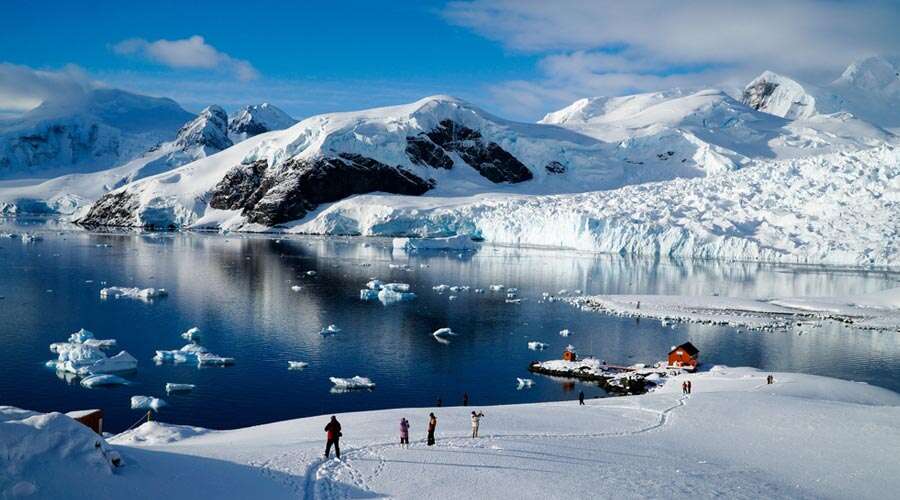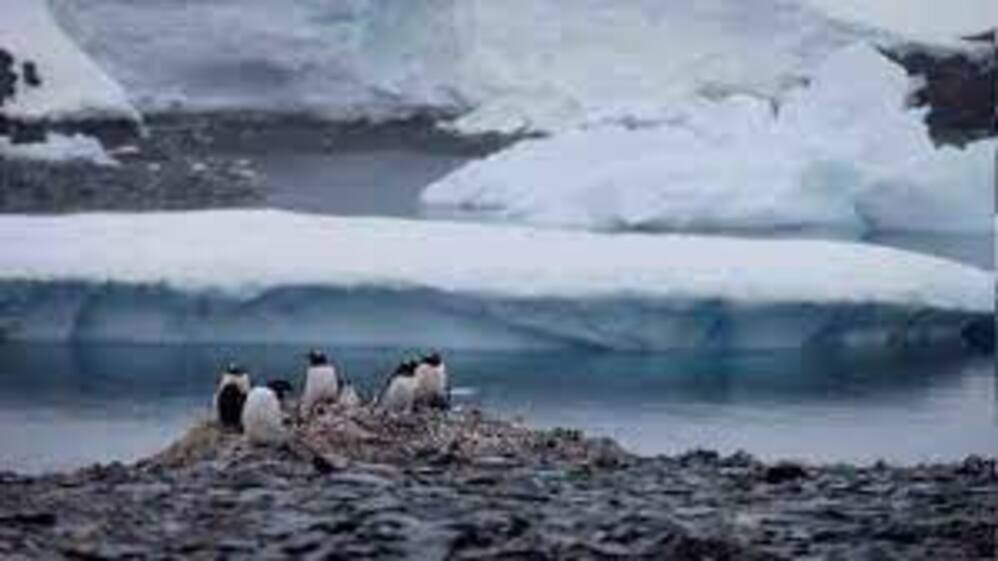New Delhi’s polar policy administration will shortly be in a location with the Indian Antarctic Bill, 2022 – enacted by the Lok Sabha on July 22 – predicted to be presented and emptied by the Rajya Sabha this week. Before this year, the Union administration formally declared India’s Arctic policy.

While the Arctic guideline has been said as the region of India’s official statement with references to more widespread attention – such as the nation’s science prudence, financial and mortal expansion, conveyance, and connectivity – the Antarctic ruling is living put in the position to “protect the Antarctic conditions and hanging and associated ecosystems and to give impact to the Antarctic Treaty System, the law on the Conservation of Antarctic Marine Life” and corresponding protocols that New Delhi has signed as parts of the more extensive framework of the Antarctic Treaty System (ATS).
Why Is Antarctic Treaty System So Significant For World?
The Antarctic Treaty System was autographed six decades ago, on December 1, 1959. Ambassadors of 12 nations –the USSR, Great Britain, Northern Ireland, Argentina, Australia, Belgium, Chile, the French Republic, Japan, New Zealand, Norway, and the Republic of South Africa – assembled in the US and marked this pact to guarantee that Antarctica should be operated “solely for peaceful goals and shall not evolve the location or entity of global conflict.”
The Cold War context made this pact quite important. The First Article of the treaty itself enunciated this promise:
“There shall be prohibited, among other things, any actions of a military character, such as the location of military headquarters and fortifications, the moving out of military schemes and the testing of any kind of weapons.” Article IV stated that all “nuclear blasts in Antarctica and the removal there of radioactive waste material shall be banned.” 
The treaty System joined into power in 1961. Over the years, numerous other countries, including India and China, granted the pact, and the total number of nations in the treaty is 54. The level of 29 countries under the contract is vital as they are officiating as ‘consultative’ groups with a right to vote in the Antarctic consultative conferences. The remaining 25 nations are ‘non-consultative parties’, including no right to vote.
New Delhi and Beijing officially entered the pact in 1983 and accepted a consultative position in the following months. Islamabad also inscribed the treaty in 2012 but has not yet welcomed the ‘consultative’ level.
New Delhi contains traditional Antarctic trips, and many people from New Delhi trip to Antarctica yearly as travellers.
Why Are the Antarctic Matters So Significant For World?
The mainland of Antarctica, the fifth-largest continent in periods of total space, protects a considerable amount of the Antarctic province. It is an unkind landscape in a small area in the Southern Hemisphere surrounded by the Antarctic Convergence – an “irregular sequence of space where cold, northward-flowing Antarctic moistness satisfies the warmer wetness of the world’s seas.”
Antarctica is an entire continent without native people, though there are human colonies with scientists and their help staff operating round the year. They named one of the world’s most important ‘biological laboratories,’ Antarctica viewers as many as 30,000 visitors each year to share Earth’s most beautiful features. It is even more important for science as its significant impact on the world’s atmosphere and sea systems is a subject of intense study investigation.
Though Antarctica is weak and even more helpless, it is supposed to hold rich oil sediments and essential minerals. That is what attracts the Earth’s significant forces.

